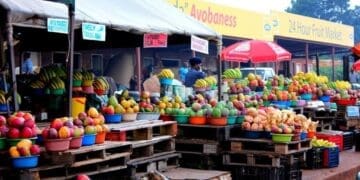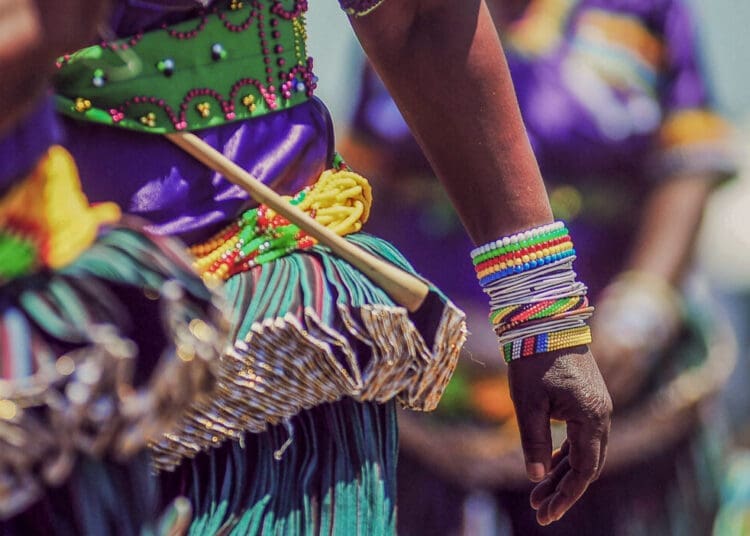Bead makers in rural KwaZulu-Natal are hoping to cash in on the high demand for traditional attire during Heritage Month festivities.
September marks Heritage Month, Tourism Month and the staging of the widely popular uMkhosi Womhlanga ceremony (Reed dance), which draws tens of thousands of people to the province every year.
KZN Premier Thamsanqa Ntuli highlighted uMkhosi Womhlanga (Reed Dance) and Heritage Day as flagship cultural events that shine the spotlight on Heritage Month. He underscored the importance of these occasions in celebrating tradition, honouring identity, and preserving cultural practices for future generations.
An artisan from Ulundi, Nomvula Dlamini, shared her experience of supporting her family
through her craft.
“Beadwork connects me to my ancestors. When I see young women wearing my necklaces at the Reed Dance, I feel proud that our culture continues. Our craft supports families and keeps Zulu culture visible to new generations,” said Dlamini.
“Sometimes, it’s hard to send finished beadwork to the city safely, but the businesses help
arrange transport, which makes a big difference,” said Dlamini.
Thandiwe Beads, located in KwaZulu-Natal, teams up with beadworkers in rural villages to create traditional Zulu jewellery.
“We start ordering six months ahead to meet demand, so we can have enough stock for the season. Each beadwork piece tells a story and takes days to complete,” said Dlamini.
Marketing during this season mixes product promotion with storytelling. SMEs use social
media and local events to share the history behind their crafts. However, rural artisans face logistical challenges when transporting fragile goods to urban markets.
Preparing for Heritage Month begins months early. SMEs collaborate closely with local artisans, often from rural areas, to ensure a steady flow of authentic products. These artisans hold important skills and are essential to the production process.
The financial stakes during Heritage Month and the Reed Dance are high. SMEs invest in stock materials and finished products, often tying up cash for many months.
Informal trader Amahle Sibuyi notes that her products are in high demand during this
time.
“The demand increases in September. Customers buy our baskets as part of heritage
celebrations. It keeps our tradition alive and supports my community,” said Sibuyi.


























































